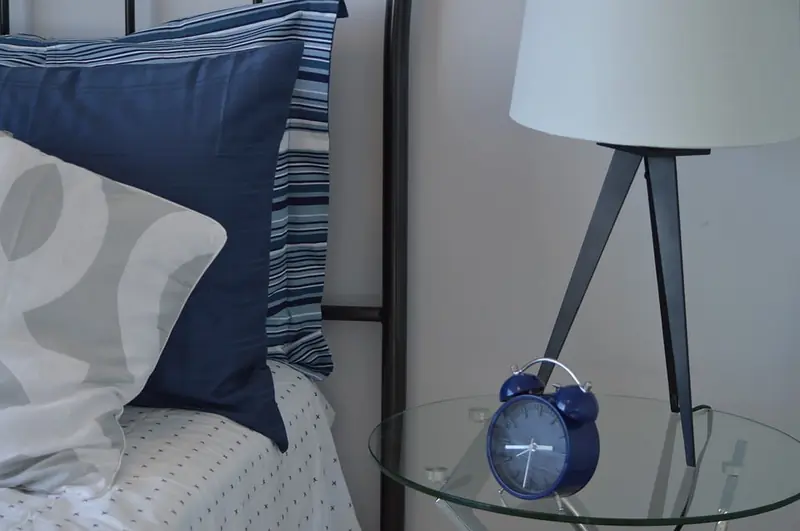
This is great news for fans of the snooze button! From now on, they won’t have to feel guilty when they respond to the persistent beeping with, “Just five more minutes.” Thanks to researchers from Stockholm University and the Karolinska Institute in Sweden, they now have scientific justification for their behavior.
They discovered that dozing off after the alarm goes off isn’t just undesirable—it can actually be beneficial for cognitive abilities. After fully waking up, the brain shows increased alertness and focus.
Love hitting the snooze button? Go ahead!
The team conducted two studies, the results of which were published in the Journal of Sleep Research.
The first study identified the general profile of those who dislike jumping out of bed at the first sound of the alarm.
Out of 1,732 adult participants, 69 percent reported using the snooze function. These individuals tended to be younger than those who don’t ignore the first alarm. They were also more likely to be evening chronotypes, meaning they were night owls. Additionally, these volunteers were more likely to have shorter sleep durations at night and often experienced morning grogginess. On average, their snooze time before finally getting up was 22 minutes, according to Science Focus.
In the second study, 31 participants in a sleep lab were either allowed to nap for 30 minutes after the alarm went off or were forced to get up immediately. They were then asked to complete arithmetic tests and memory recall tasks, both right after waking and throughout the day.
Participants who enjoyed an extra 30 minutes of sleep performed better on most tests after fully waking up. Researchers explain that napping allows individuals to reach a lighter stage of sleep compared to slow-wave sleep (Non-REM) or rapid eye movement (REM) sleep. The first alarm typically interrupts sleep during these two stages.
The study also showed that the additional sleep had no positive or negative impact on stress hormone levels, mood, or the quality of nighttime sleep.
According to psychologist Tina Sandelin, the lead author of the study from Stockholm University, there’s no reason to stop morning napping if you enjoy it. Allow yourself at least 30 extra minutes. In fact, this could even help those who tend to feel groggy in the morning feel less so, the researcher added.
